In the world of competitive bodybuilding, Phil Heath looms larger than life. For more than 15 years, the Seattle native’s hulking frame has cast an imposing shadow over arguably the world’s most torturous sport. But as he reveals in the new documentary film Breaking Olympia: The Phil Heath Story, the seven-time Mr. Olympia winner’s journey to bodybuilding’s loftiest heights was paved with crippling doubt.
In a raw and honest retelling of his remarkable rise, Heath’s medical and emotional struggles are on full display, providing an unprecedented perspective on the sport and the life of an elite competitor.
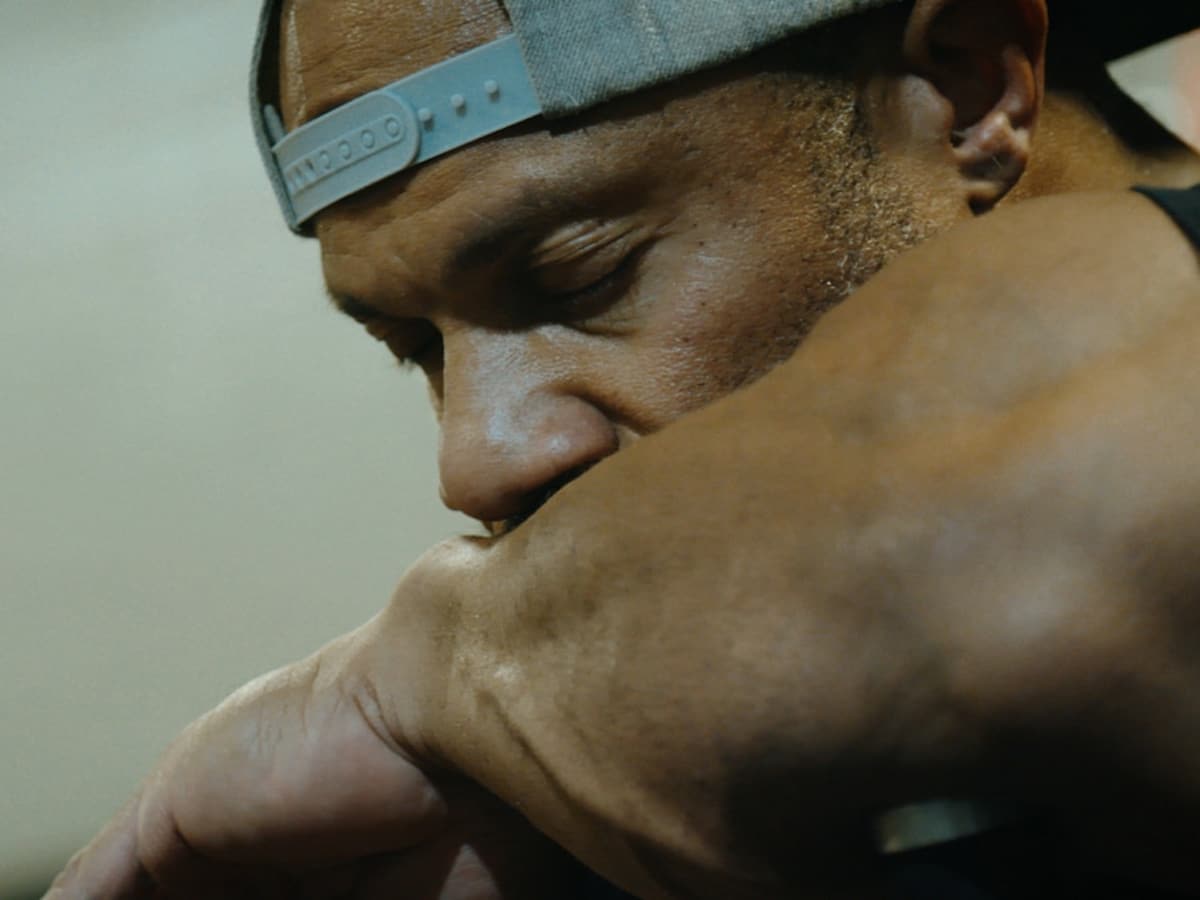
“Everything isn’t always going to be great. Even while you’re winning. When I was winning those Olympia titles; I went through divorce, I went through friends and family turning their back, business going bad, my father passing away, his wife passing away,” he says. “That’s why I felt this documentary was perfectly positioned for me to be my most authentic, vulnerable self. Being able to look in camera and answer those questions with pure joy, but also be real.”
Breaking Olympia fuses archival footage with candid conversation from Heath, alongside contributions from muscle masters Dwayne Johnson, Ronnie Coleman, Jay Cutler, Kai Greene, Brandon Curry, Dexter Jackson, and more. Written and directed by Brett Harvey (The Union: The Business Behind Getting High, Inmate #1: The Rise of Danny Trejo), and produced by Johnson’s Seven Bucks Productions, the Universal Pictures release is now available to rent and own on digital.
As a mentor, entrepreneur, and ambassador for bodybuilding, Heath is an inspiring force and guiding voice for the next generation of athletes. I had the chance to sit down with one of the greatest bodybuilders of all time to talk Breaking Olympia and how we can conquer our own fear of success and transform in the gym.
Take us back to that initial discovery of bodybuilding. What sparked the interest, drive, and passion to lift?
I think it started even before college, growing up in Seattle, Washington. Back then in the 80s, every person was about muscles. Every action film had muscles – whether it was Arnold or Stallone. On weekends, in the early afternoon, there were bodybuilding shows on ESPN. There were Flex magazine workouts and stuff like that. Even though I didn’t think about that at all, because I was into basketball and track, I never looked at it as bad. I looked at it like, “Wow, these guys are buff. These guys are tough. They can lift all these weights. That looks like the real Hulk there mom!” Fast-forwarding into college, not having the basketball career that I had hoped for, bodybuilding provided a better outlet for me to put my energy into and meet new people. And boy, did I.
I was able to meet some new friends who had nothing to do with hoops and they were all about the iron. We trained together, we ate together, we would borrow each other’s magazines and go to bodybuilding shows. Next thing you know, I’m up on that stage. So yeah, 8th October, 2002 is when I said, “You know what? I’m going to do this. I’m going to become a bodybuilder.” I had no clue I was going to become a professional bodybuilder, but I knew I wanted to try it out. My ethos was like, “What’s the worst thing that can happen? I get shredded? I look good for spring break?” My first show was 4th April, 2003. That’s spring break time. I’m like, “What’s the worst thing that can happen? I lose and I still look ripped and I can take my shirt off on campus? Great, let’s go.”
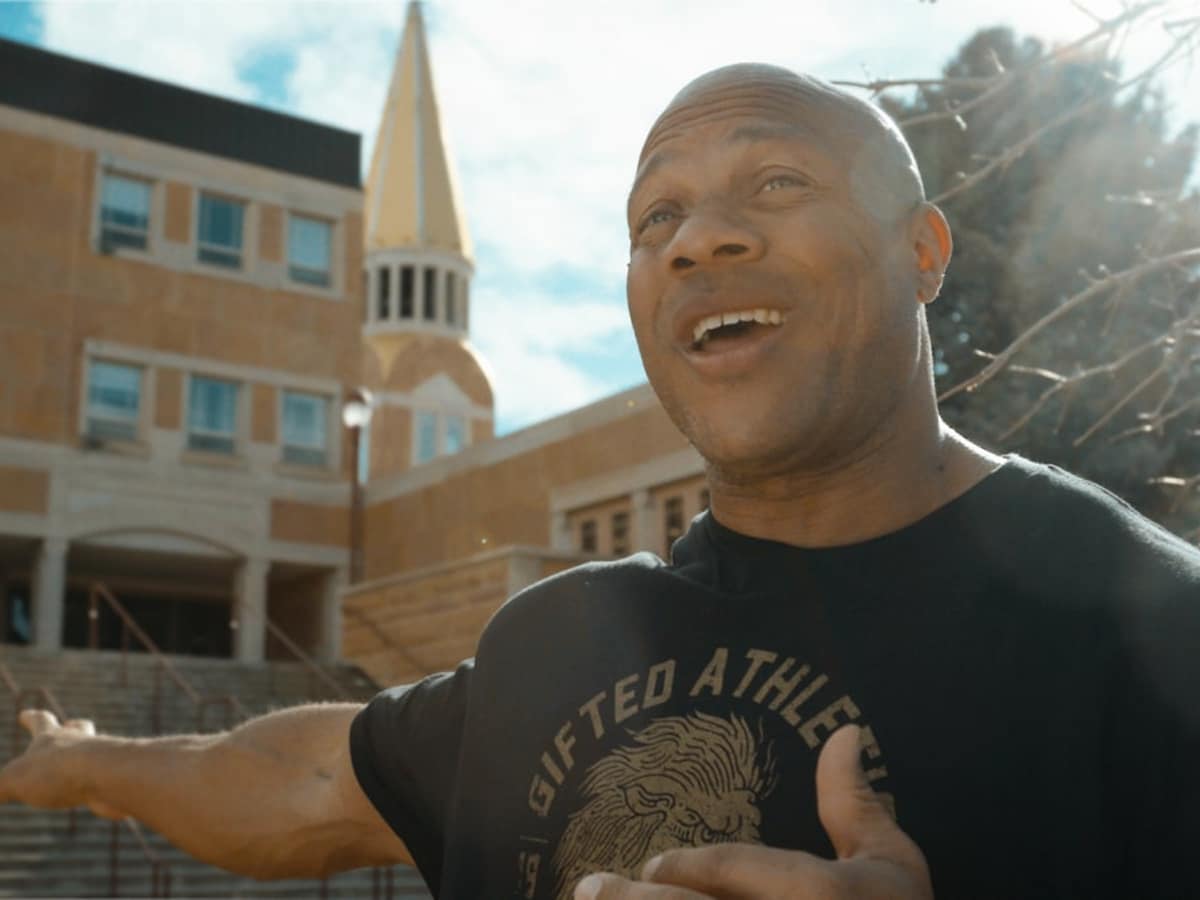
In taking this step back and looking at your life and your career, did it illuminate any discoveries?
Man, I appreciate this question. It allowed me to deal with other forms of pain, other things that didn’t go well in my life and how I was able to utilize the gym to focus on something. If I had a bad break-up, if I didn’t do well on an exam, if I had a bad day at work, if a friend or family member passed away and I was furious with the world, I was able to go into the gym and just figure it out. I later realized throughout my career that, although that was helpful during that time, it kind of served as a band-aid. Not competing ripped that off and I had to heal all of the emotions that I had pushed under the rug for so many years. That was very difficult. I felt like once I was willing to deal with that, I was able to grow even more.
That’s why I felt this documentary was perfectly positioned for me to be my most authentic, vulnerable self. Being able to look in camera and answer those questions with pure joy, but also be real. Everything isn’t always going to be great. Even while you’re winning. When I was winning those Olympia titles; I went through divorce, I went through friends and family turning their back, business going bad, my father passing away, his wife passing away. I mean, things happen, right?
I say those things because I know those are relatable to a lot of other people – especially those that’ll be viewing this film. They may not know what it feels like being on a bodybuilding stage, let alone winning Olympia, but a lot of them will understand those things I just previously mentioned, so yeah, I appreciate you asking that.
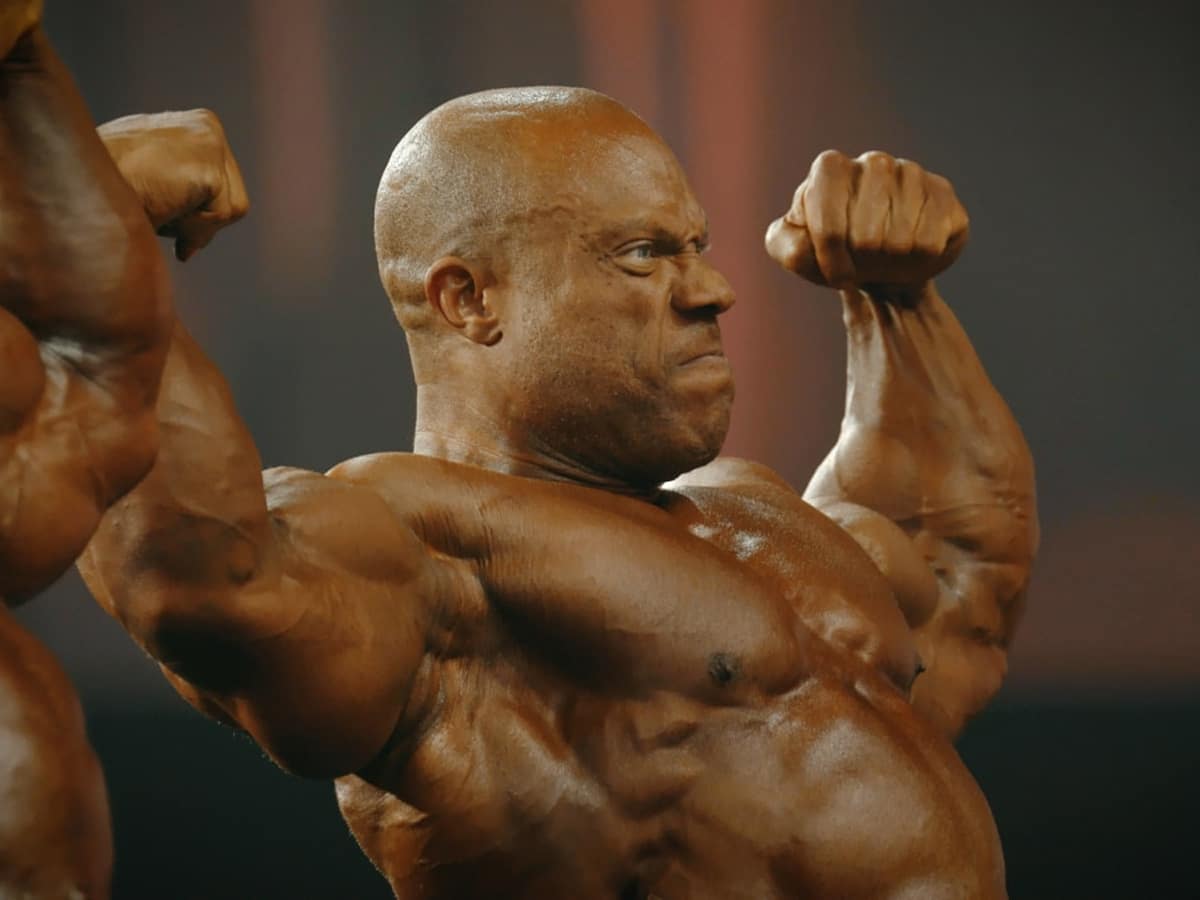
How do you maintain focus, determination, and drive when beset with physical, mental, or emotional challenges?
You almost have to write it down and look at it and stare at it and say, “This too shall pass.” Also to realize that you’re not the first person to walk this human experience. You’re not the first person to lose a dog, you know? You’re not the first person. Someone else figured it out. People either got very, very bitter or much, much better. I wanted to get much better, because in order for me to pour into other people, I had to be able to deal with a lot of crap.
Heavy is the head that wears that crown, especially in the Olympia.
You’re the one that’s eating the food. You’re the one that’s doing that training. You’re the one that’s really making the ultimate sacrifices. And it hurts, but I would just thank yourself man, because one day you’re going to have a moment like I’m having right now. If I would have given up on myself, even as a college athlete, I probably never would have gone into bodybuilding. I probably would have had a downward spiral of drugs, alcohol, depression.
I was depressed in college, but then I got into weightlifting. When you’re weightlifting as an amateur, not making the money, pouring all your time and effort into it, you’re seeing some progress, but still having some problems. You realize that, “I’ve just got to keep going man. Something bigger is on the other side of this mountain. If I’ve got to go on the rough side of this mountain, so be it, because that’s where the beauty is.”
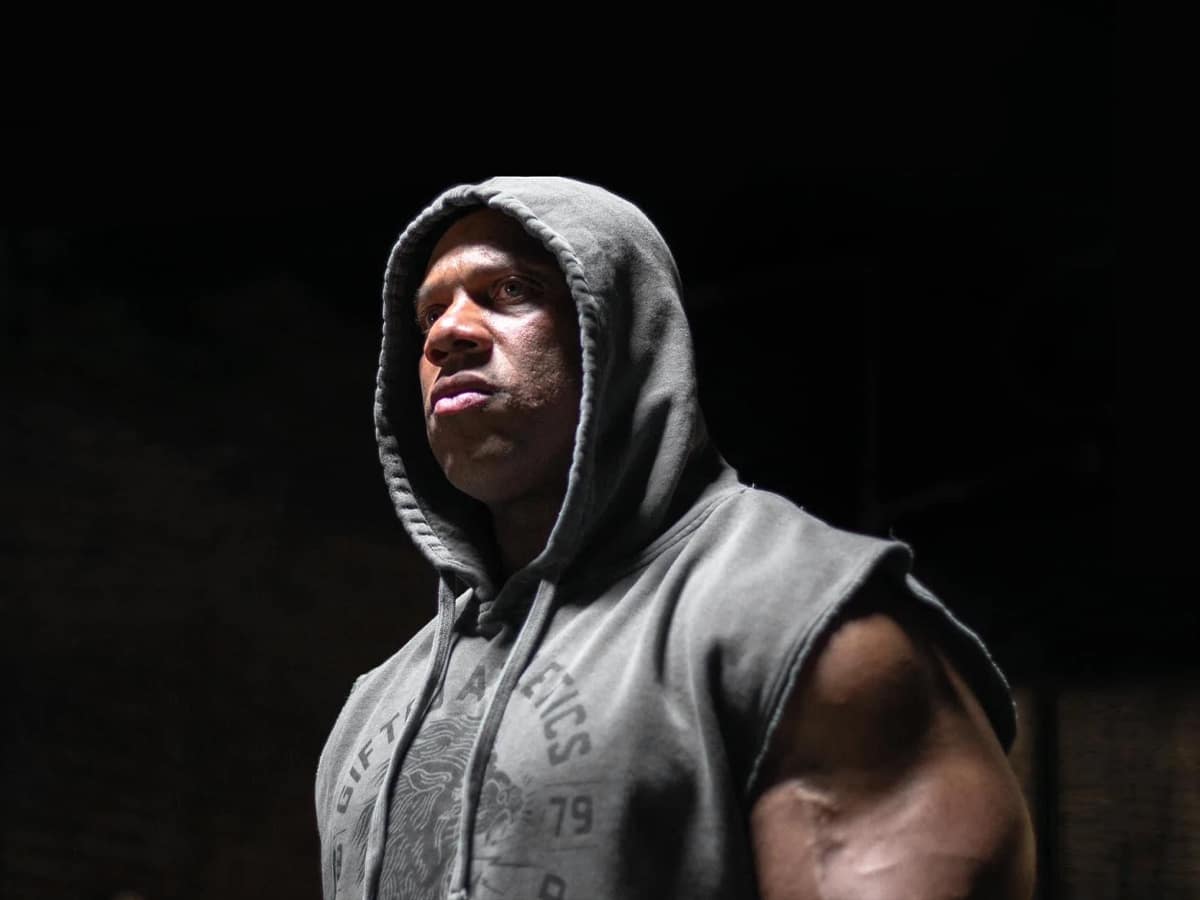
Everybody wants instant gratification, no one wants to take the hard road. It was not easy to stare at that road. It was not easy to stare at that mountain. It freaking hurt climbing the damn thing, but as you get comfortable with that uncomfortable feeling, you kind of like it, because you realize it sets you apart from others. For me, it was setting myself apart from the competition.
The grand scheme of it was to one day be able to speak confidently, with conviction, and to share how others can get theirs too, because they’re not alone. They have a lot of good things going for them, they have a lot of great things happening for them. They just can’t see it because they’re narrow focusing on the crap that’s happening right now. It sucks and you just magnify it.
It’s interesting how the mind can do that, but when you can stay still, you can breathe, and you can tell yourself, “I’m going to be ok. Let’s map this out. I can have a controlled aggression. If I’ve got to go punch a bag, if I’ve got to lift some weights, if I’ve got to go for a run, make that run mean something.”
Make it so that when you do come home, you’re not yelling at your wife and kids, you’re not kicking the dog so to speak. You’re actually able to be within your body and actually able to function like the future version of yourself should. That’s really how I would talk to myself and I still do today. It took me many, many years. Many, many hits upside the head to figure it out and I’m still figuring this part out. I’m 44 now and theoretically, I still feel like I’m on the back nine of the golf course. If that’s really the case, I should have some wisdom [Laughs,] and I should exercise that wisdom appropriately.
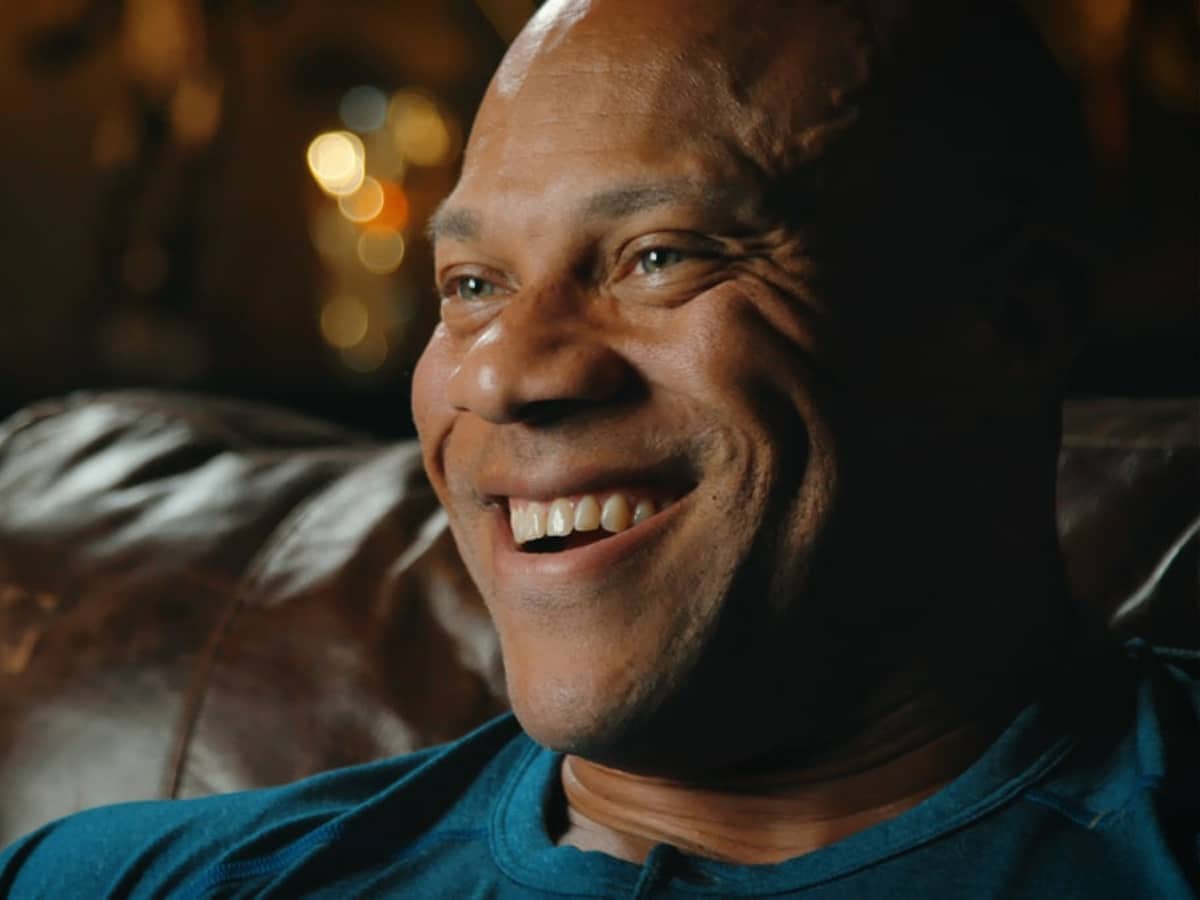
You’ve talked about the fear of success, when did you identify it and how did you conquer it?
It’s reared its head a couple of times in my life. Growing up playing basketball, you can play in the yard all you want, but then in the game, you get timid. I would be in the car with my stepfather and he would rip my ass, “Why didn’t you do this move? I’ve seen you do it a thousand freaking times in the backyard.” He was just trying to pull it out of me and I had a coach that did the same thing. After a while, you just get tired of hearing it [Laughs.] “What the hell man, I’m just going to go for it.” And then it worked.
In bodybuilding, doing something I completely knew nothing about, you’re walking out there with a scowl on your face and you’re not really enjoying it, and I’m just like, “Man, what am I afraid of?” Just conquer your fears man and staring at yourself a lot. Not giving off that false bravado, throw that away. A lot of people when they go to the gym, that’s what they’re carrying. With that false bravado, they’re carrying all their pain; they’re carrying all their emotional stress, they’re carrying all of the baggage, instead of just saying, “This is me. This is my crap. And I’m here to deal with it.” You want to build these strong muscles, and you’re doing it, but you’ve got to build a strong mind. They have to work together.
I believe bodybuilders are very intelligent. I believe you have to be emotionally intelligent, then you can be understood by the general public. If you don’t know yourself, how are you going to pour into other people? It’s a collection of a lot of different things, but for me, it was always just managing my emotions and making sure I valued my time and the energy around me.
Being grateful when other people tell you how great you look. They give you that thumbs up. How many times does someone tell a beautiful woman, “Hey you look great.” And she says, “No, I don’t.” I can walk around and someone’s going to say I look great and if I don’t appreciate that, how will that make them feel? They’re like, “Well if you think you look like crap, then…” See how that works? I know a lot of bodybuilders, they don’t think like that, but it’s all about remembering, “I didn’t always look like this. I didn’t always feel like this either.”
I feel like God and the universe chose me to do something very, very special.
I’m just glad that I’m doing it. I didn’t just do it then, I’m still doing it. Having that mindset of a champion. You’ve got a lot of fakers in this world, but you’ve got guys like me that have proven that they can do it. I’ll always say that I just want everybody to go get theirs. But it will require a lot of soul searching. It will require repeatedly talking to yourself and saying, “Yes I can. Yes, I did and I’ll do it again.” Because that’s just life, you’ve got to be competitive. Everybody wants to be famous nowadays, everybody wants to buy the car, buy the house, or whatever it is. You have to be comfortable in your own skin. That is definitely a bodybuilder’s nightmare initially, that we later become comfortable with as years go by.
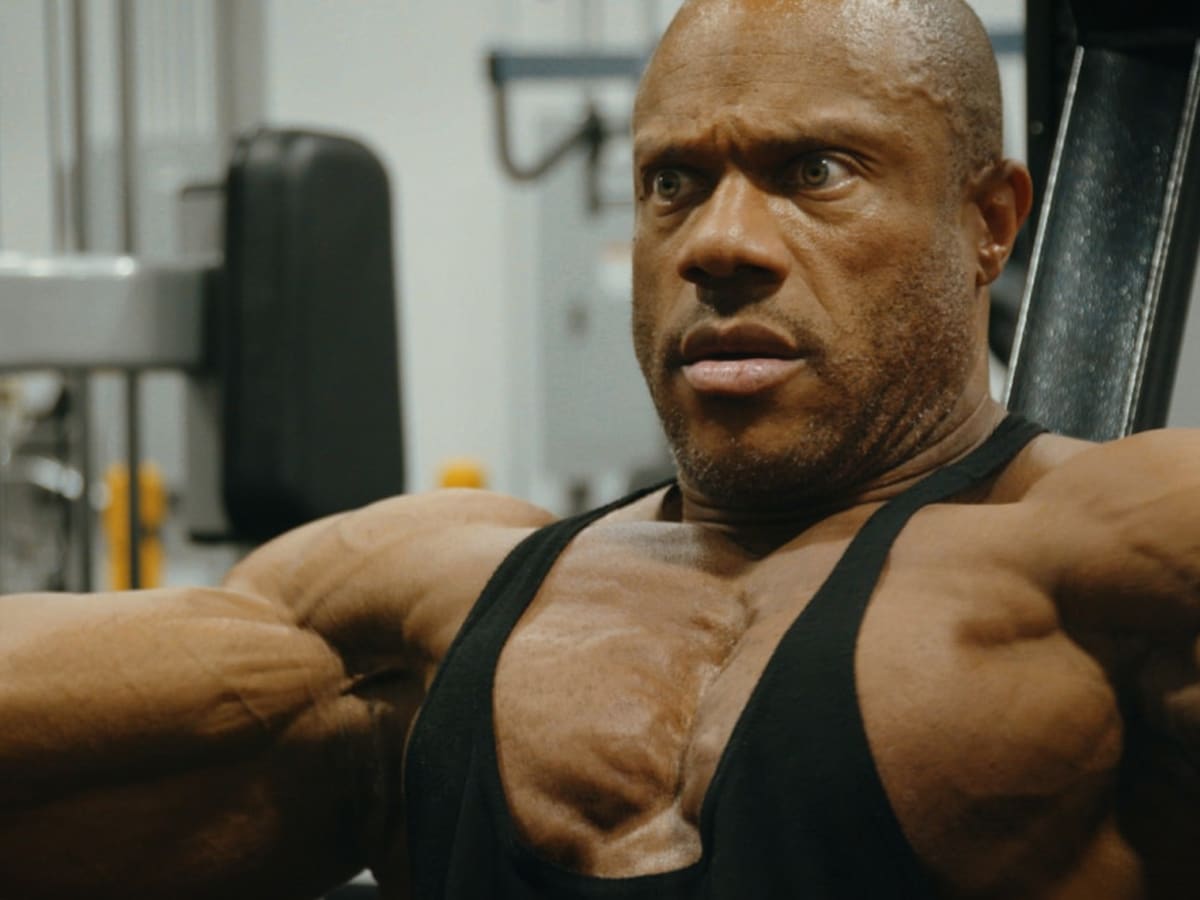
For guys out there that want to transform, how do you go about finding the perfect rep for your body?
It’s difficult, because two guys can be the same height, but one has longer arms. First of all, you have to move. You just have to get your butt in that gym, you’ve got to workout. You know how it feels to flex something right now without weight resistance: without pain in the joints and the ligaments and the tendons. You know that it doesn’t hurt your back when you do it this way. Ok, then that’s your style. That’s your style and what you have to do is replicate that style over and over again. I think the hard part is, they say, “Where do I start?” Right now. You can do push ups right now, you can do sit ups right now. What’s really cool is that you can go on social media, on Google, and look at the experts. The thing I warn people about is overly comparing themselves to those experts.
The barrier of entry with weightlifting is much lower than being a scholar, being an entrepreneur. The barrier of entry is just getting a membership and walking into a gym. Now you’re a pro, you know? That brings a lot of anxiety for a lot of newbies. They just have to have the confidence to say, “Today’s the day. Today’s the day I say yes to myself. Today’s the day I’m going to say that I do this. Even if I look silly doing it, I’ll figure out the perfect rep by squeezing that bicep or doing that chest press. I have to lock that feeling in and that’s all I’m doing. It’s no different than playing tennis, the sweet spot on the racket, that’s all you’re trying to find. Every time you’re doing this, you’re just trying to find that sweet spot. You’ll know when you don’t find it, because it’s going to hurt.
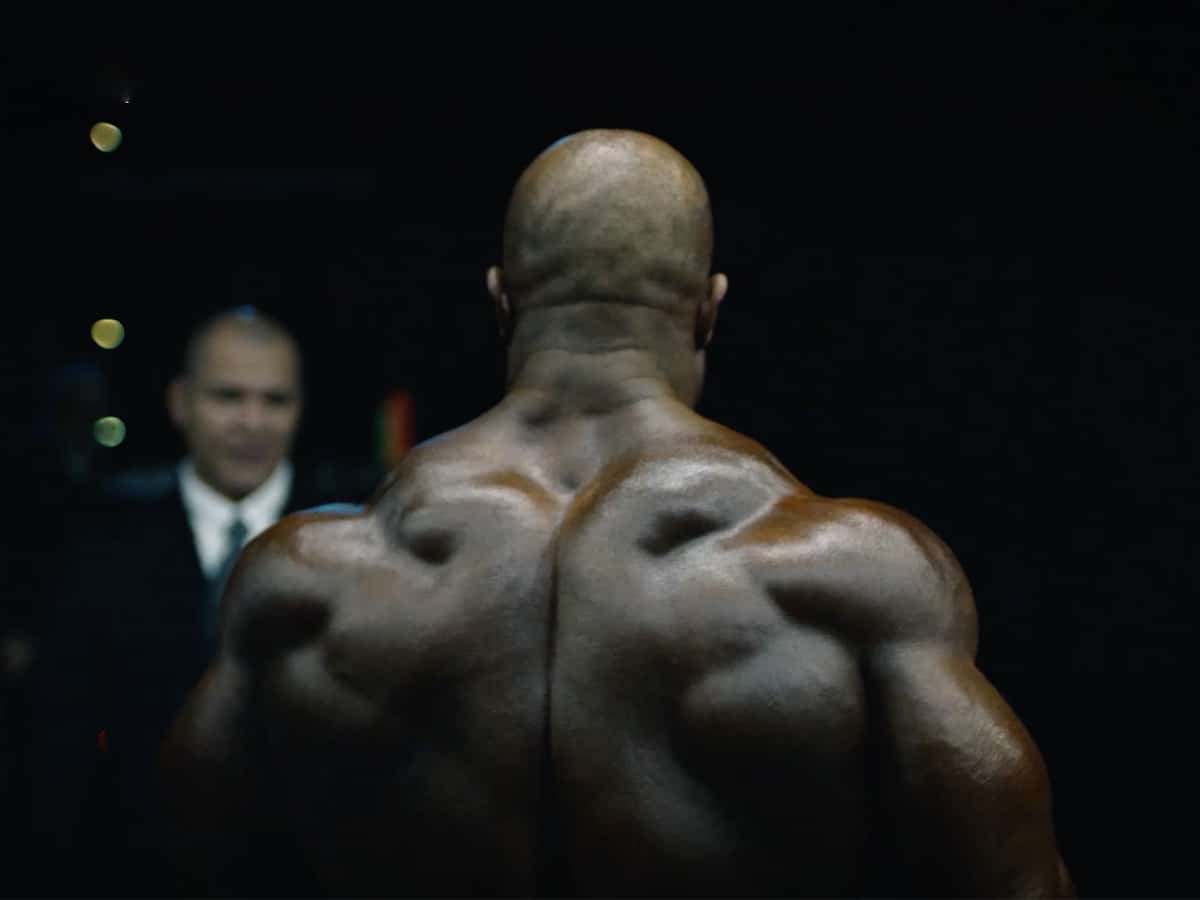
What was your collaboration with writer/director Brett Harvey like in putting this project together?
First of all, I can’t wait to see him, because he’s getting a gigantic bear hug from me. This man has devoted part of his life toward this project. He won’t take another project on until one is completed. How many other people would say, “Hey, I’ve got bills to pay, I’m just going to take all the deals I can get.” He was like, “Nope, I’m going to make sure I put all of my attention into this.”
He really put his heart and soul into this. He was easy to work with. He’s so freaking talented. When we were getting ready for the Olympia in 2020, he was filming and fell backwards and hit his head. I was like, “Blood, sweat, and tears man. Here we go dude.” The guy is like a workhorse. All he cares about is the end result. He has a real heart and soul for filmmaking. He deserves a lot of credit.
Breaking Olympia: The Phil Heath Story is written and directed by Brett Harvey and produced by Dwayne Johnson’s Seven Bucks Productions. You can rent and own the new Universal Pictures release on digital now.










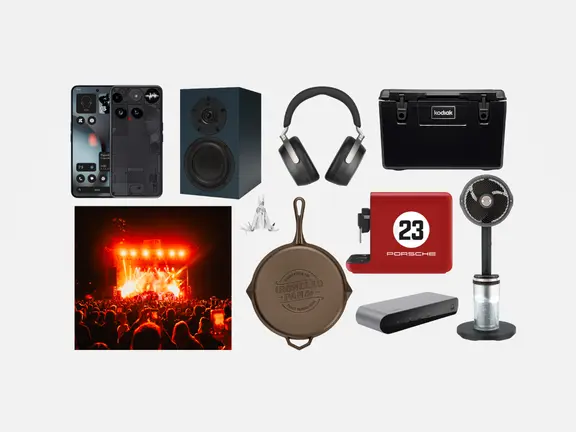








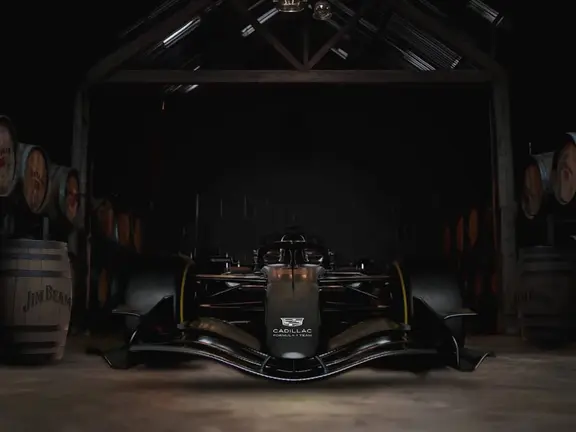












Comments
We love hearing from you. or to leave a comment.